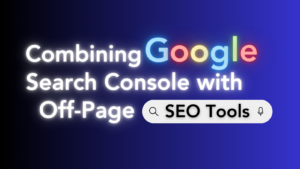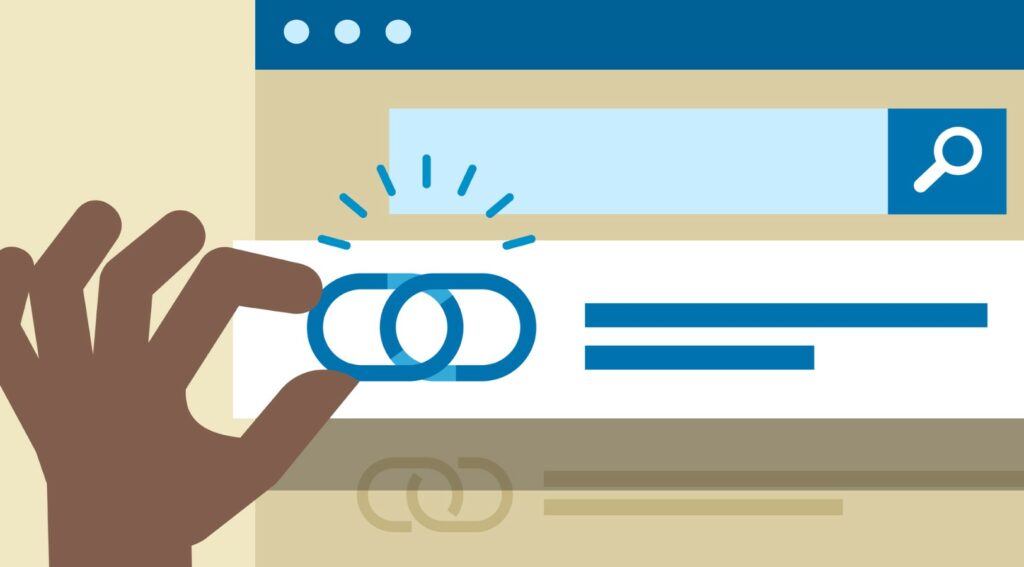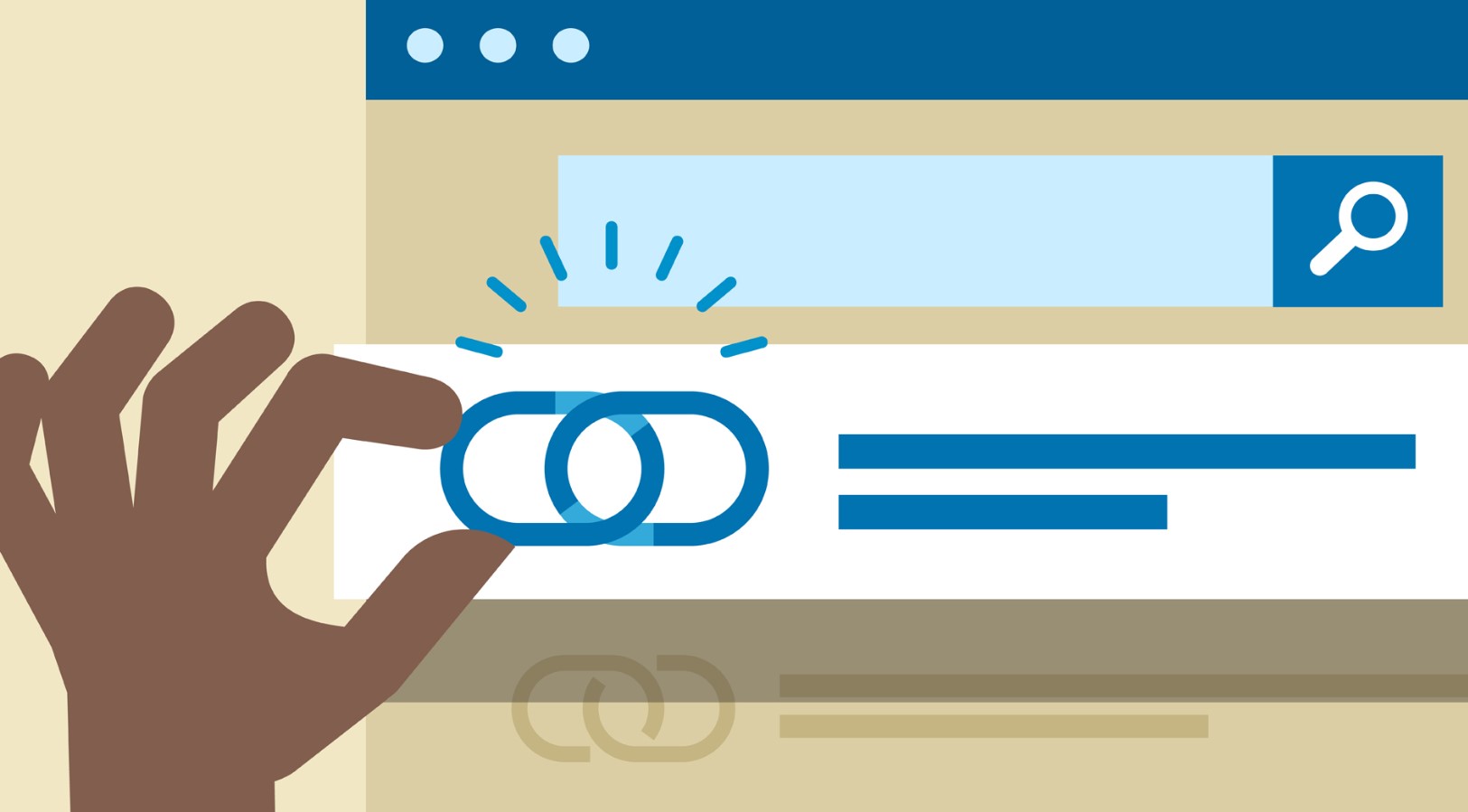In the vast and ever-evolving landscape of digital marketing, link building emerges as a cornerstone strategy, pivotal in steering websites through the competitive tides of search engine rankings. This comprehensive guide delves deep into the art and science of link building, unraveling its complexities and presenting a blueprint for an authoritative and effective link-building campaign. Beyond the mere acquisition of links, it involves a nuanced understanding of the web’s intricate structure, the algorithms that govern digital visibility, and the human and relational aspects that underpin the internet’s interconnected fabric. As we embark on this exploration, we uncover the multifaceted nature of link building, from the technicalities of acquiring and implementing links to the strategic considerations of aligning these efforts with broader marketing goals and brand narratives.
The Essence of Link Building
Link building is the strategic process of acquiring hyperlinks from other websites to your own. Each hyperlink serves as a conduit for users to navigate between pages on the internet, and more importantly, acts as a signal of trust and authority to search engines like Google. As search engines crawl and index the web, they use these links to understand the relationships and the quality of content across various sites. The more high-quality, relevant links a website has pointing to it, the more likely it is to rank favorably in search engine results. This process is akin to weaving a tapestry of digital pathways, each link adding a thread to the complex web of online content. The artistry lies in crafting these pathways so they not only lead users and search engines through the digital landscape but also enhance the tapestry’s overall design — the website’s authority and relevance in the vast online world.
Understanding the nuances of link building is crucial. It’s not merely about accumulating a vast number of links; it’s about fostering quality, relevance, and authenticity. The goal is to acquire links that are not only beneficial for SEO but also contribute to the broader objectives of your marketing strategy, including brand visibility, authority building, and referral traffic. This nuanced approach demands a discerning eye for opportunities and a commitment to ethical practices, ensuring that each link tells a story of credibility and relevance. It’s about understanding the symbiotic relationships between websites, how they can bolster each other’s reputation, and how, through strategic collaboration and creative thinking, link building can transcend its technical roots to become a powerful tool for brand storytelling and audience engagement.
Behind the Scenes of Google’s Web Crawling
Google’s algorithms represent a marvel of modern technology, a complex system designed to retrieve data from its vast search index and deliver the most relevant results for user queries. These algorithms are not static; they are dynamic and constantly evolving, reflecting changes in user behavior, web content, and the internet’s own growth. At the heart of this system is the process of crawling and indexing, where Google deploys bots known as spiders to roam the vast expanses of the web. These digital explorers traverse the network of links, discovering and revisiting web pages, gathering data that will later be accessible through search queries.
In this intricate dance of digital discovery, links serve as pathways, guiding Google’s bots from one page to another. The quality and structure of these links can significantly impact how effectively and quickly pages are discovered and indexed. As the spiders crawl through these pathways, they meticulously analyze the content and context of each page, understanding not just the information presented but also how it relates to other content across the web. This relentless pursuit of information forms the foundation of Google’s index, a colossal database that holds a treasure trove of web content, ready to be tapped into with each search query.
But the process doesn’t end with crawling and indexing. Google’s algorithms also take on the monumental task of ranking this content, determining which pages are most likely to be relevant and valuable to users’ queries. Here, the links once again play a pivotal role, acting as endorsements or votes of confidence from one site to another. The quality, relevance, and quantity of these links contribute to the site’s authority, influencing its position on the search engine results pages. This complex interplay of algorithms, indexing, and link analysis underscores the critical importance of building a robust, high-quality link profile, not just for visibility but for credibility and authority in the digital realm.
However, not all backlinks are created equal or indexed effectively. This is where a tool like Page Indexer becomes invaluable. Page Indexer ensures that your web pages and the valuable backlinks they contain are discovered and indexed by search engines promptly. This tool accelerates the indexing process, ensuring that your content gains visibility and begins delivering SEO value without unnecessary delays. By facilitating faster indexation, Page Indexer helps in capitalizing on the SEO benefits of your link-building efforts more efficiently.
Crafting a Link Building Strategy
A successful link-building strategy is multifaceted, involving several key components from content creation to outreach. Here’s how you can craft a strategy that resonates with the quality and authenticity search engines, and users, value:
- Content Creation and Promotion: At the heart of link building is content. High-quality, engaging, and informative content naturally attracts links. Whether it’s an insightful blog post, a comprehensive guide, or an innovative tool, valuable content encourages other websites to link back to it. Once you have the content, promoting it through various channels ensures it reaches a wider audience, increasing the likelihood of acquiring links.
- Outreach: Building relationships with influencers, bloggers, and other website owners in your niche is crucial. Outreach involves contacting these individuals to promote your content, with the aim of securing a link. Personalized communication, understanding the needs of the person you’re contacting, and offering them genuine value are key to successful outreach.
- Guest Blogging and Collaborations: Contributing high-quality content to other websites can lead to valuable backlinks. Guest blogging or collaborating on content with other reputable sites in your industry not only provides a backlink but also exposes your brand to a broader audience.
- Monitoring and Analysis: An often overlooked aspect of link building is monitoring and analyzing your backlink profile. Tools like Page Indexer not only help in ensuring your links are indexed but also provide insights into the quality and effectiveness of your backlinks. Regularly reviewing your backlink profile helps in identifying and disavowing any low-quality or spammy links that might harm your SEO efforts.
Navigating the Challenges of Link Building
While link building stands as a testament to the dynamic nature of SEO strategies, it is fraught with challenges that demand a sophisticated approach. The evolution of Google’s algorithm, with its increasingly intelligent updates, has significantly raised the stakes in the link-building arena. These updates, designed to refine the user’s search experience, have shifted the focus firmly onto the quality and relevance of links rather than mere quantity. The once prevalent black hat techniques, such as buying links or engaging in deceptive link schemes, now bear the risk of severe penalties, including plummeting rankings or complete de-indexing from search results. This paradigm shift necessitates a vigilant approach to link building, prioritizing ethical practices and quality over quick gains.
The journey of link building is continuous and requires a deep understanding of the evolving web ecosystem. It’s not merely about placing links; it’s about weaving a network of relevance and authority that grows with your website. This process demands a blend of creativity, analytical thinking, and an unwavering commitment to quality content. It involves not just placing links but nurturing relationships with content creators, understanding the audience’s evolving needs, and consistently delivering value. As the digital landscape becomes more competitive, the ability to adapt and refine your link-building strategies becomes crucial. It’s about being proactive, learning from each algorithm update, and anticipating the shifts in SEO practices.
In this relentless pursuit, patience and persistence are your allies. Building a robust link profile doesn’t happen overnight. It is the result of sustained efforts, a deep understanding of SEO dynamics, and a commitment to the ethical creation and sharing of content. Each link is a building block in your website’s reputation, and each must be placed with consideration and care. As you navigate the complexities of link building, remember that it’s a journey of growth and learning, where each challenge is an opportunity to refine and enhance your SEO strategy.
The Future of Link Building
As search engines become more sophisticated, the importance of link building remains undiminished. The future of link building lies in more strategic, quality-focused methods that align with broader marketing objectives. It’s about understanding the value of each link, the content it’s associated with, and the audience it serves.
In this dynamic digital age, tools like Page Indexer play a crucial role in ensuring that your link-building efforts are recognized and rewarded by search engines. By ensuring that your backlinks are promptly crawled and indexed, you can stay ahead in the SEO game and see tangible improvements in your site’s ranking and traffic.
Link building is both an art and a science. It requires creativity, strategic thinking, and technical know-how. But with the right approach and tools, it can elevate your SEO strategy, driving more traffic, authority, and success to your website.





